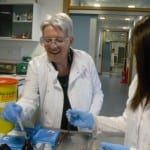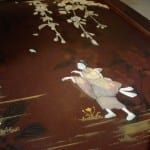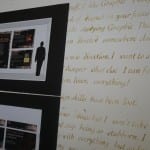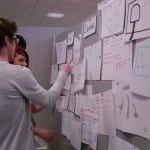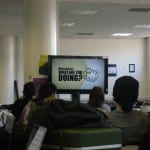Digital literacies are about a lot of different things. They’re about making choices. They are personal, flexible, and continually changing. They are a reflection of how you operate in a digital world. Above all digital literacies are social.
Last week I went to a Meyer Briggs Personality workshop. I didn’t agree with my result. ISFJ. I wanted INTJ. I liked the strapline better, ‘competency + independence = perfection’. Yep, that’s me! You can’t really do a MBPT in an hour but there is a connection to digital literacies. The workshop stressed a powerful message, one which is easy to forget. We are all the person we are and the person we have learned to be – and it can be almost impossible to separate the two. Digital literacies as social practices are the same. As individuals, we become who we have learned to be and that process derives from the society in which we live. In order to conceptualise digital literacies in this way, it may be helpful to look to the past rather than the future.
Much is written about literacies; media, information, digital – they all tend to be treated as separate entities which they’re not. You wouldn’t separate handwriting from spelling, punctuation and grammar – they’re all part of what it is to be literate. But your opportunities to develop confidence and competency with handwriting are influenced by your environment. Think back to first learning to write. The process was influenced by where you lived, the school, family attitudes – both to literacy and your new found abilities, how much you could afford to spend on pens and paper, what your friends said and what they did – both in school and out – and what ever else was going on in your life at the time. On top of that were your own thoughts and feelings – you may well have preferred diagrams or numbers instead of letters and words.
To be digitally literate is as much about us as people and how we relate to the social environment as it is about being ‘taught’ a specific skill. We need to support the learning process, and put in place opportunities for developing effective digital competencies, but we also need to recognise the wider picture. Digital literacies are open ended. They are contextual, they reflect the duality of self and learned behaviours. They are subjective. They exist on a continuum and we shift around it – we perform – we adopt and adapt – just like we do in all other areas of life where we have multiple roles and identities. We own our digital literacies. They are as personal as our handwriting; it helps if it’s legible but other than that it’s a unique characteristic. So it is with our digital life; ultimately it is helping us to define who we really are.


